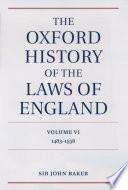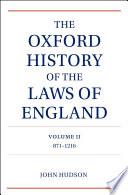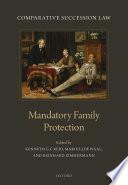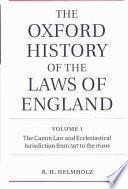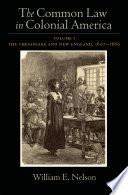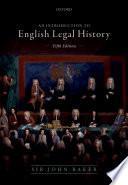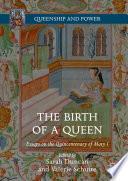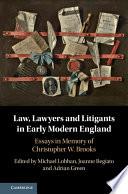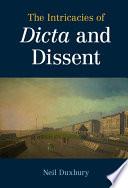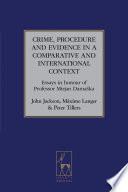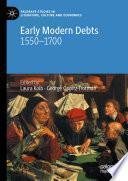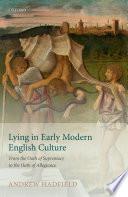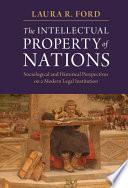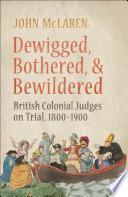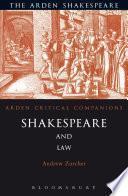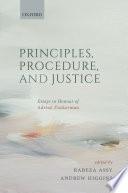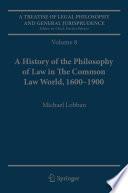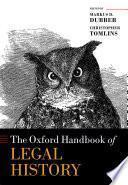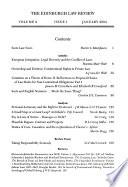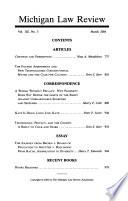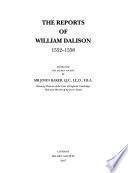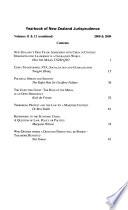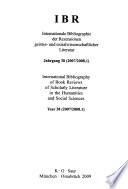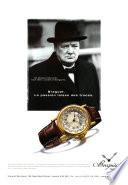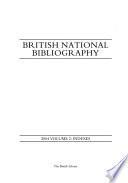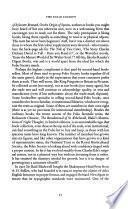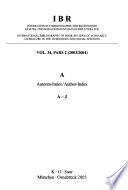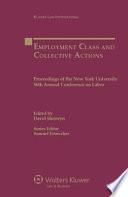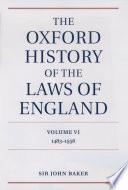
The Oxford History of the Laws of England Volume VI
Author: John Baker
Number of pages: 1116This volume covers the years 1483-1558, a period of immense social, political, and intellectual changes, which profoundly affected the law and its workings. It first considers constitutional developments, and addresses the question of whether there was a rule of law under king Henry VIII. In a period of supposed despotism, and enhanced parliamentary power, protection of liberty was increasing and habeas corpus was emerging. The volume considers the extent to which the law was affected by the intellectual changes of the Renaissance, and how far the English experience differed from that of the Continent. It includes a study of the myriad jurisdictions in Tudor England and their workings; and examines important procedural changes in the central courts, which represent a revolution in the way that cases were presented and decided. The legal profession, its education, its functions, and its literature are examined, and the impact of printing upon legal learning and the role of case-law in comparison with law-school doctrine are addressed. The volume then considers the law itself. Criminal law was becoming more focused during this period as a result of doctrinal exposition in the inns...
